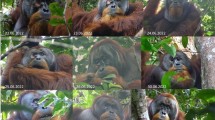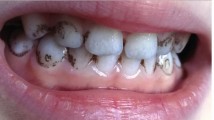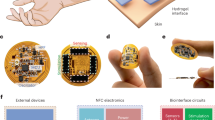Abstract
STERILE, healing wounds (rats) were extracted with physiological salt solution. Extracts were made from wounds of ages from 1 to 12 days. The extract was dialysed with several changes of distilled water at a low temperature in a 'Cellophane' tube. In this way the albumin and globulin fractions of the extracts could be separated. Both solutions were then brought to pH 6·5–7 and diluted to the same dry-weight concentration. The usual heart fibroblast cultures in Carrel flasks and Carrel glasses were later treated with the prepared extracts. The results are given in Fig. 1, in which the zero horizontal line represents the usual index of increase for the corresponding control culture. A minus index means growth inhibition, and a plus index represents increase of growth.
This is a preview of subscription content, access via your institution
Access options
Subscribe to this journal
Receive 51 print issues and online access
$199.00 per year
only $3.90 per issue
Buy this article
- Purchase on Springer Link
- Instant access to full article PDF
Prices may be subject to local taxes which are calculated during checkout
Similar content being viewed by others
Author information
Authors and Affiliations
Rights and permissions
About this article
Cite this article
BALAZS, A., HOLMGREN, H. Wound Extracts and their Effects on the Growth of Hen Fibroblasts. Nature 163, 488–489 (1949). https://doi.org/10.1038/163488a0
Issue Date:
DOI: https://doi.org/10.1038/163488a0
This article is cited by
-
Experimental fibroplasia in the rabbit vitreous
Albrecht von Graefe’s Archive for Clinical and Experimental Ophthalmology (1976)
Comments
By submitting a comment you agree to abide by our Terms and Community Guidelines. If you find something abusive or that does not comply with our terms or guidelines please flag it as inappropriate.



